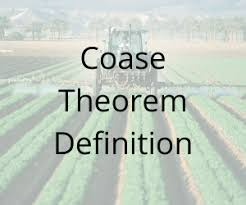Basic Definitions & Theorems

In a direct proof, various definitions and theorems can be used depending on the specific proposition or theorem being proven. However, here are some common definitions and theorems that are frequently used in direct proofs:
Definitions:
1. Divisibility: An integer a is said to divide an integer b (written as a | b) if there exists an integer c such that b = ac.
2. Even number: An integer n is called even if it can be expressed as n = 2k, where k is an integer.
3. Odd number: An integer n is called odd if it can be expressed as n = 2k + 1, where k is an integer.
4. Integer: A whole number that can be positive, negative, or zero.
Theorems and Properties:
1. Distributive Property: a(b + c) = ab + ac
2. Binomial Theorem: The expansion of (a + b)n can be expressed as the sum of terms of the form C(n, k) * a(n-k) * bk, where C(n, k) represents the binomial coefficient.
3. Definition of an even number: An integer n is even if and only if n2 is even.
4. Definition of an odd number: An integer n is odd if and only if n2 is odd.
5. Closure Property of Addition: If a and b are integers, then a + b is also an integer.
6. Closure Property of Multiplication: If a and b are integers, then ab is also an integer.
7. Definition of a prime number: An integer p > 1 is called prime if its only positive divisors are 1 and p itself.
8. Transitive Property of Equality: If a = b and b = c, then a = c.
These are just a few examples of definitions and theorems commonly used in direct proofs. The specific definitions and theorems employed will depend on the particular proposition or theorem being proven.